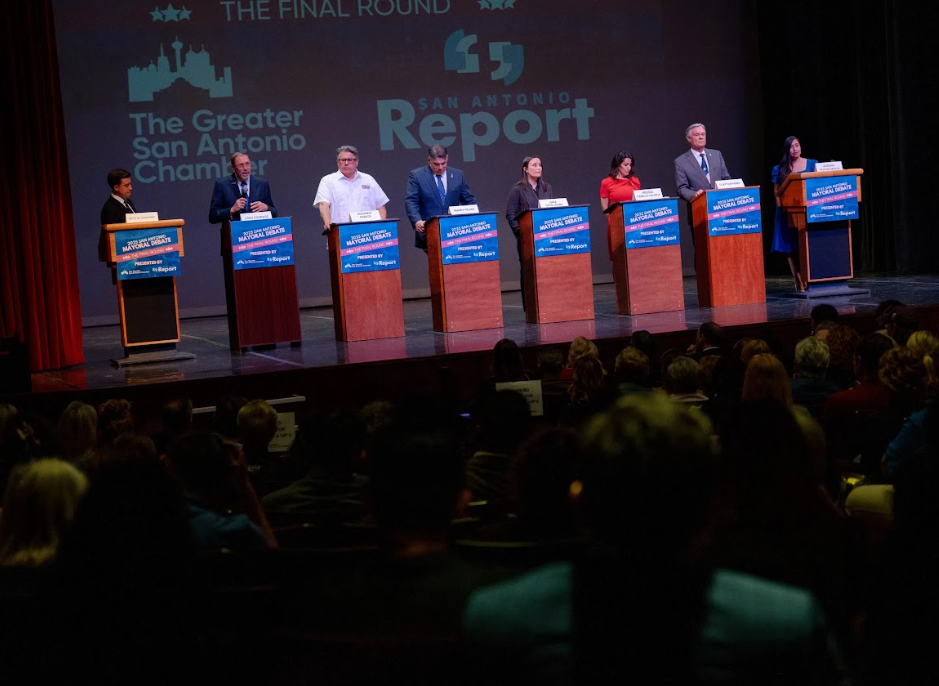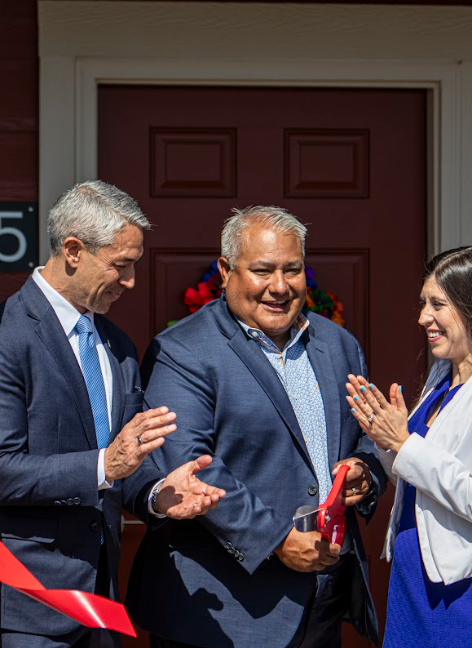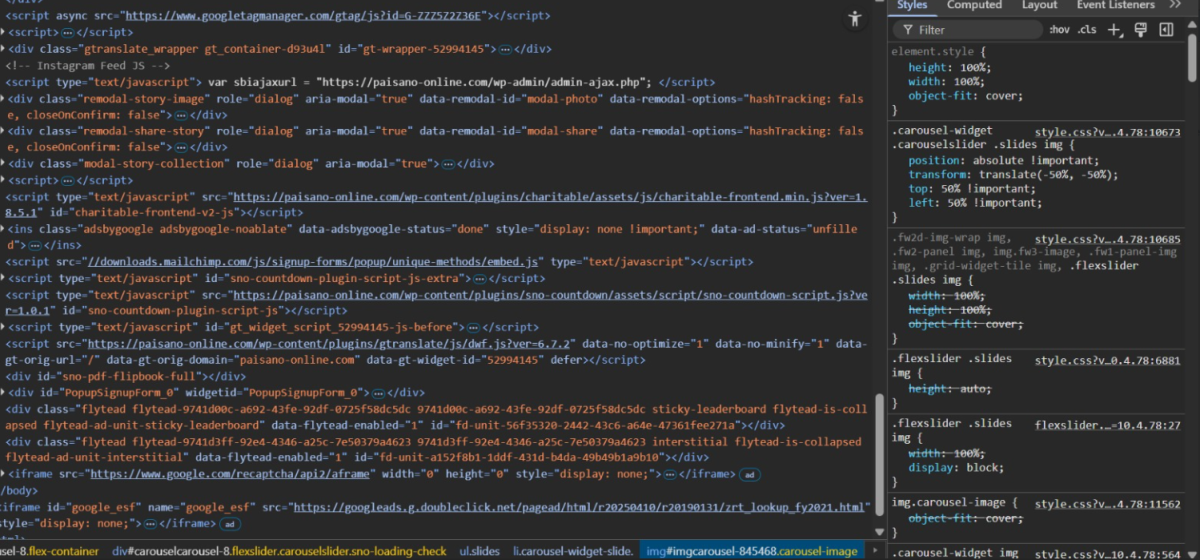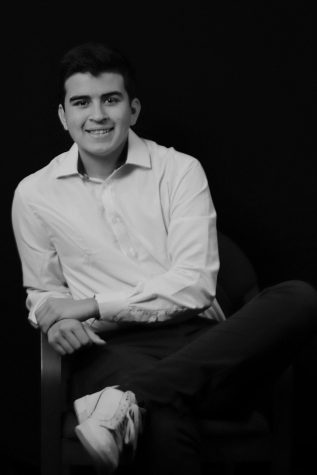Active Minds hosted the Send Silence Packing exhibit on Oct. 28 from 8 a.m. to 4 p.m. in the Sombrilla for destigmatizing mental health and bringing awareness to the issue of college suicide. The exhibit featured 1,100 backpacks donated from friends and family members of people lost to suicide. The backpacks represent the number of college students who die from suicide each year. Many backpacks included personal stories from the friends and family of those who were lost.
UTSA graduate student and president of Active Minds, Leonor Burmea, explained why the stories are so important to Active Mind’s mission to destigmatize mental health.
“I think that they’re important because it brings kind of a realness to the situation,” Burmea said. “This brings a bigger impact and a more personal side to [the issue].” Burmea also spoke about her personal connection to the event. “I am a survivor. About two years ago I tried to take my own life, but I had someone kind of reach out, and I got the help that I needed to basically save my life,” Burmea said. “So that’s why this exhibit especially is important to me, and then, of course, Active Minds just in general advocates for speaking out and letting people know it’s okay to not be okay.”
The exhibit is on tour, visiting colleges around the country, to bring suicide awareness nationwide. Emily Rose, tour coordinator for the Active Minds national nonprofit, explained why Active Minds uses the backpack display to bring awareness to suicide.
“It’s visually impactful; it humanizes the lives lost to suicide. A lot of statistics don’t really help people visualize that,” Rose said.
Active Minds partnered with UTSA Counseling Services, Student Affairs and Student Activities for the event. UTSA Counseling Services had their own table in the Sombrilla where students could come up to learn more about the resources Counseling Services offers to students. Melissa Hernandez, director of Counseling and Mental Health Services at UTSA, explained why Counseling Services decided to partner with Active Minds for the exhibit.
“Active Minds is a staunch advocate to reduce mental health stigma, and as the counseling center, we want to support any efforts to increase help-seeking on campus and to help direct students to appropriate resources and support for their mental and psychological well-being,” Hernandez said. “Events like this are important so that we can bring to the public awareness and consciousness of some of the issues that are going on in mental health and help encourage people to come forward and seek help when and if they need it.”
The Active Minds UTSA chapter hopes to make the exhibit a consistent event in the future, driven in part by the feedback its members have received from students. “I have heard a lot of people say it hits close to home. A lot of people share their personal stories and relation to suicide with us, and it’s always really compelling to hear real-life stories from our peers because that’s what makes it hit homes for so many reasons,” Plura said.
Sophomore kinesiology major and Active Minds digital media coordinator, Amanda Plura, described what she hopes the event does for students on campus.
“Long term, I hope that it inspires people to reach out for help, and it helps our goal at Active Minds to destigmatize mental illness. [We want to] make it known that it’s brave, and it shows strength to reach out for help instead of the stigma that it shows weakness,” Plura said. “I hope that it just brings awareness to eventually save lives on campus.”
If you or someone you know needs support, contact UTSA Counseling and Mental Health Services at 210-458-4140 or call the National Suicide Hotline at 1-800-273-8255.








